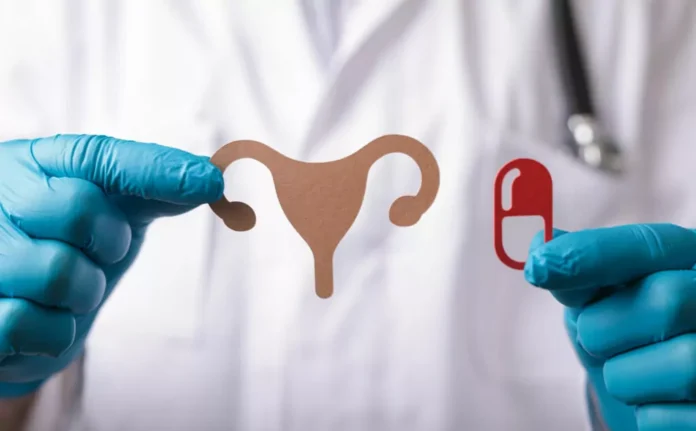Gynecologists play a crucial role in women’s health, providing essential services ranging from routine check-ups to specialized care for various medical conditions. Understanding the benefits of consulting with a gynecologist can empower women to take charge of their health and well-being.
Routine Check-Ups: A Foundation For Women’s Health
Routine gynecological check-ups are the cornerstone of preventive care for women. These visits typically involve a comprehensive examination, including a pelvic exam, Pap smear, and breast examination. Regular check-ups allow healthcare professionals to detect any abnormalities early, leading to timely interventions and better health outcomes.
Early Detection Of Health Issues
Routine check-ups enable gynecologists to identify potential health problems before they escalate. For example, a Pap smear can find changes in cervical cells that aren’t yet dangerous. This lets doctors treat the condition early and greatly lowers the risk of getting cervical cancer. Moreover, routine screenings can help identify sexually transmitted infections (STIs), hormonal imbalances, and other reproductive health issues.
Personalized Health Education
During routine visits, gynecologists provide personalized health education tailored to a woman’s specific needs. They discuss important topics such as menstrual health, contraceptive options, pregnancy planning, and menopause management. Women will be able to make better decisions about their reproductive health and general health after getting this information.
Building A Trusting Relationship
Regular visits to a gynecologist foster a trusting relationship between the patient and the provider. This rapport encourages open communication, making it easier for women to discuss sensitive health concerns and seek guidance. Establishing a long-term relationship with a gynecologist is essential for comprehensive care throughout different life stages.
Specialized Care: Addressing Unique Health Needs
While routine check-ups are vital, many women may require specialized care due to various medical conditions or life changes. Gynecologists are trained to handle a wide range of reproductive health issues, including:
Management Of Menstrual Disorders
Gynecologists can diagnose and treat menstrual disorders such as heavy menstrual bleeding, irregular periods, and painful cramps. Through specialized testing and treatments, they help manage these conditions, improving the quality of life for many women.
Fertility Treatments
For women facing challenges with conception, gynecologists can provide fertility assessments and treatments. They may send patients to fertility specialists or perform procedures in the office to improve fertility. This helps women deal with the physical and emotional aspects of trying to get pregnant.
Menopause Management
As women approach menopause, they may experience various symptoms, such as hot flashes, mood swings, and vaginal dryness. Gynecologists can offer effective management strategies, including hormone replacement therapy (HRT) and lifestyle modifications, to alleviate these symptoms and improve quality of life.
Screening For Gynecological Cancers
Regular screenings and exams conducted by gynecologists are crucial for the early detection of gynecological cancers, including cervical, ovarian, and uterine cancers. Through advanced diagnostic techniques, gynecologists can identify cancer in its earliest stages, increasing the chances of successful treatment.
Sexual Health Counseling
Gynecologists provide invaluable support in addressing sexual health issues, including concerns about libido, sexual function, and pain during intercourse. They can offer solutions and treatments to improve sexual health and overall well-being.
The Importance Of Choosing A Qualified Gynecologist
Selecting a qualified gynecologist is essential for receiving optimal care. When searching for the Top Gynecologist in New Jersey, consider their qualifications, experience, and patient reviews. A leading gynecologist will have the necessary credentials and a reputation for providing compassionate, patient-centered care.
Qualifications To Look For:
- Board Certification: Ensure the gynecologist is board-certified, indicating they have met the rigorous standards of the medical field.
- Experience: Look for a gynecologist with significant experience in managing the specific health issues you may face.
- Patient Reviews: Read reviews and comments online to get an idea of how happy patients are and how good the care is.
Conclusion
Gynecologists are very important to women’s health because they provide important services like regular check-ups and specialized care. Regular visits to a gynecologist not only promote preventive health measures but also address unique health concerns as they arise. Whether managing menstrual disorders, providing fertility treatments, or guiding patients through menopause, a qualified gynecologist is an invaluable resource.
By prioritizing gynecological care and selecting a Top Gynecologist in New Jersey, women can take significant strides toward maintaining their health and well-being. Don’t hesitate to reach out to a trusted gynecologist and schedule your next appointment—it’s a vital step toward a healthier future.
